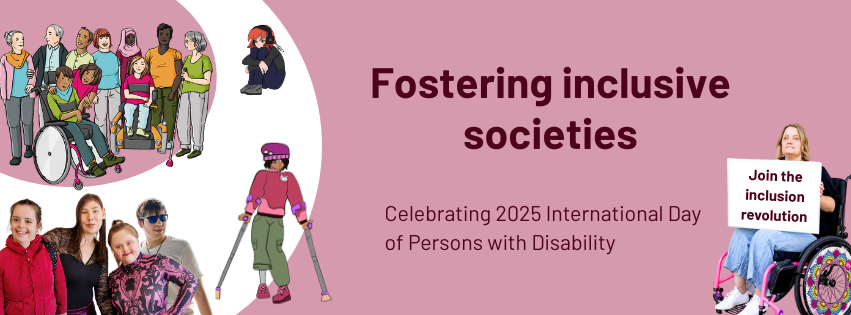Jargon excludes - the case for clear, meaningful writing
Why not make information accessible to as many people as possible?
‘’Now's a good time — if you have the bandwidth — to touch base about a pain point…’’ 1
What????
Here, Rachel Treisman 2 is using humour to show what a lot of people are battling with – jargon. The above example is of office jargon, but it exists everywhere. The workplace, however, is a particularly tricky place. You battle with feelings of vulnerability and inadequacy when forced, time and time again, to ask what on earth others are talking about.
For people with cognitive disabilities, it’s a significant barrier to accessing information quickly and independently (rather than having to look it up or asking others). Everyone has a right to understanding the world we live in, how our democracy works, why the moon and the sky are that colour and so on.
The queen of content design (at least in the UK 😊), Sarah Richards 3 writes that using jargon without an explanation makes huge assumptions. Often, we hear people say that the content is for ‘specialists’ and they know what they are talking about. Richards argues that’s assuming there are never new players in the field or that those who are curious about that field might want to expand their knowledge. Often it appears the writer is cleverer than us. But of course, that is not necessarily true. It only serves to frustrate readers or make them feel that they are less clever.
‘’…wanting to understand quickly has little to do with intelligence. It has a lot to do with time and respect.’’4 There’s that word ‘respect’. Communication has a lot to do with respect and making sure that that sectors of your audience are not being excluded. Whether intentionally or unintentionally.
I love this definition of jargon:
''By its nature, jargon is exclusive. It creates a linguistic boundary between those “in the know” and outsiders. This reinforces the group’s unique identity, forged through a shared experience that is difficult for outsiders to comprehend. As one former winterer noted, he could “construct sentences that would be gibberish to most people but clearly understood by ‘ice’ folks”. 5
Here, Rupendra Brahambhatt is talking about how people living in Antarctica, over time, developed a unique accent as well as words and phrases of their own largely due to their isolation. However, jargon indiscriminately used in a diverse society like ours, excludes and can often create an us and them environment.
Back to the workplace, do people who understand and speak the jargon get ahead and win the promotions?
To quote Treisman 6 again ‘’Forty percent of workers said they've had a misunderstanding or made a mistake at work because they didn't know the meaning of jargon or used it incorrectly. And 61% believe that workers with a better understanding of such jargon are able to get ahead, such as through promotions or raises.’’
Jargon plays a variety of roles, such as masking the severity of what we are talking about. For example, an issue, is preferable to a problem or a concern. You can still call it a problem or a concern…
Jargon creates emotional detachment from the uncomfortable reality of the subject discussed. ‘Workforce reduction’ sounds better than ‘some people will lose their jobs’, as well as creating an artificial distance between the action and those completing it. To quote Peter Sokolowski, editor of Merriam Webster dictionary, "We make fun of them [jargon] and slowly they lose their power…And maybe more intelligent communicators will find other and more direct ways to say the same thing." 7
Jargon is also used as a way to obfuscate the truth, for example in science – if you can’t understand, you tend to assume that it’s your understanding that is at fault not the information.
Some journalists say that science writing has gotten more complicated. Why? Don’t scientists want us to learn about the wonderful world of science and its discoveries? Or is it just that they don’t know how to express themselves in layperson’s language? There is a complete disregard for the reader.
And the worst news is, as Tania Lambrozo wrote in NPR 8:
‘‘Jargon is often used to mask fraudulent research results in science. In 2015 a study found that fraudulent papers use significantly more jargon’’. 9
In fact, about 60% more.
Guardian journalist Adrian Chiles 10, said in an article 4 years ago:
‘’I hate it when language is used to exclude and obscure. But it takes guts to resist’’. When starting a job in business news, while not being totally ignorant of business principles, he had to constantly ask what words and acronyms meant and ask, ask, ask.
Here’s a sample of some common, and for many, irritating examples 11:
- Revert = get back to you
- At pace = quickly
- C-suite – what does the C stand for? It’s not immediately obvious (no, it’s not)
- Get our ducks in a row = get organized
- Drilldown = look at the detail
- Leverage = use or exploit (oh, there’s that uncomfortable reality)
- Circling back = come back to
- Evidence based policy – was policy not evidence based before we started using that word?
Chiles also touches on the use of ‘buzzwords’ as a form of control. When using buzzwords or jargon ‘’…if you can get people to talk like you, you can get them to think like you.”
In his book To Be Clear: A Style Guide for Business Writing, Phillip Collins 12 urges business to stop using ‘the language of nonsense’ and use clear and meaningful language.
There are so many reasons why clear, meaningful writing that is free of jargon is something to aim for. We will always need to use complex words and expressions, but we can minimise the cognitive load on our audience and make information accessible to as many people as possible.
____________________________________________________________________________________________________________________________________
Quotes and sources
- Treisman, Rachel; 2023, Why business speak is so irritating — and what we can do about it : NPR, accessed 12/11/2025
- Treisman, Rachel; 2023, Why business speak is so irritating — and what we can do about it : NPR, accessed 12/11/2025
- Sarah Richards, Content Design, 2017, Content Design London, London
- Sarah Richards, Content Design, 2017, Content Design London, London, p149
- Brahambhatt, Rupendra, People living in Antarctica are developing a new accent, accessed 12/11/2025
- Treisman, Rachel; 2023, Why business speak is so irritating — and what we can do about it : NPR, accessed 12/11/2025
- Zokolowski, Peter, as quoted in Treisman, Rachel; 2023, Why business speak is so irritating — and what we can do about it : NPR, accessed 12/11/2025
- Tania Lombrozo, 2017, The Dangers Of Hidden Jargon In Communicating Science : 13.7: Cosmos And Culture : NPR, accessed 11/112025
- Bad scientists use puzzling jargon to mask wrongdoings, accessed 11/11/2015
- Chiles, Adrian; 2021, We need to get rid of business jargon. Do I have your buy-in? | Adrian Chiles | The Guardian, accessed 11/11/2025
- Poole, Steven, 2013, An A-Z of modern office jargon | Work & careers | The Guardian, accessed 11/11/2025
- Collins, Phillip, quoted in Chiles, Adrian; 2021 We need to get rid of business jargon. Do I have your buy-in? | Adrian Chiles | The Guardian





